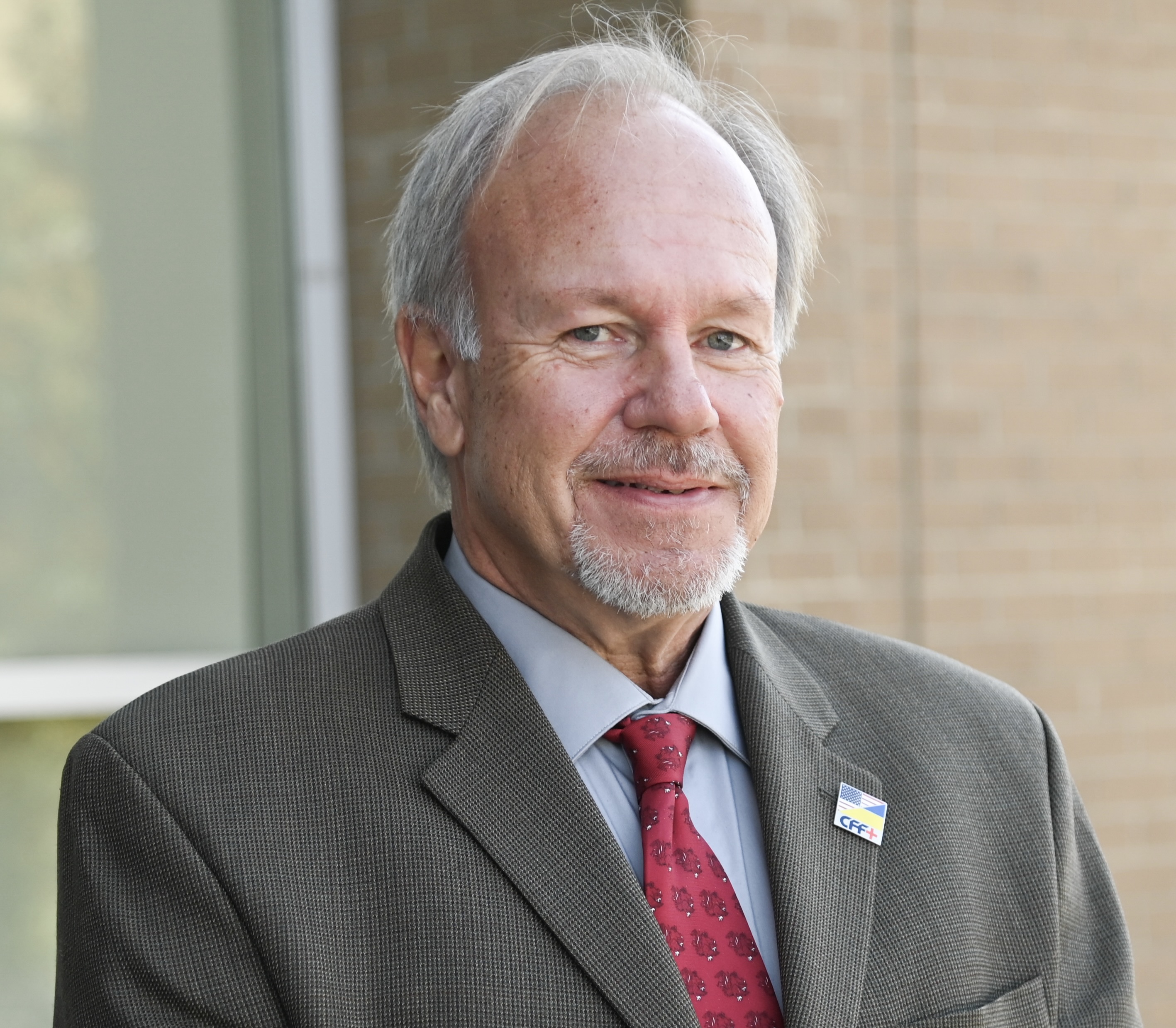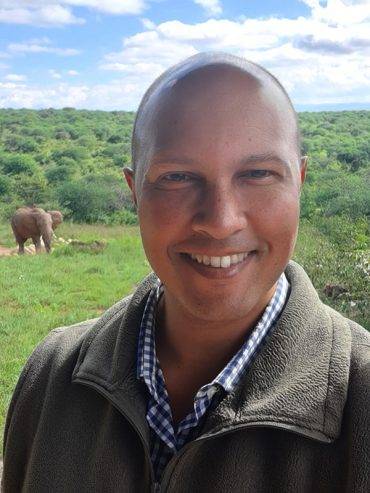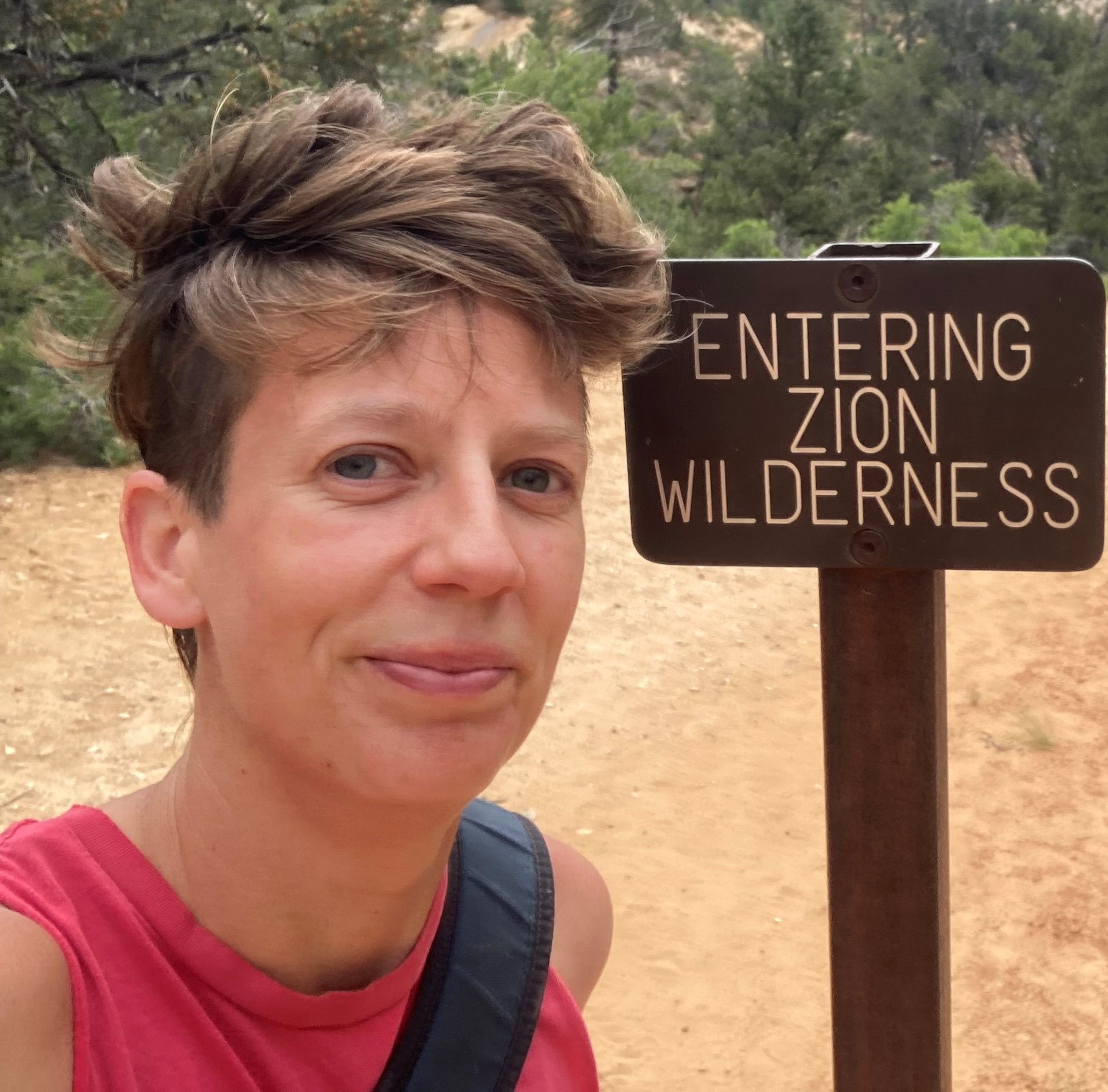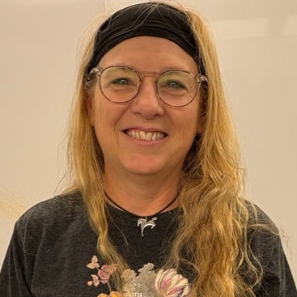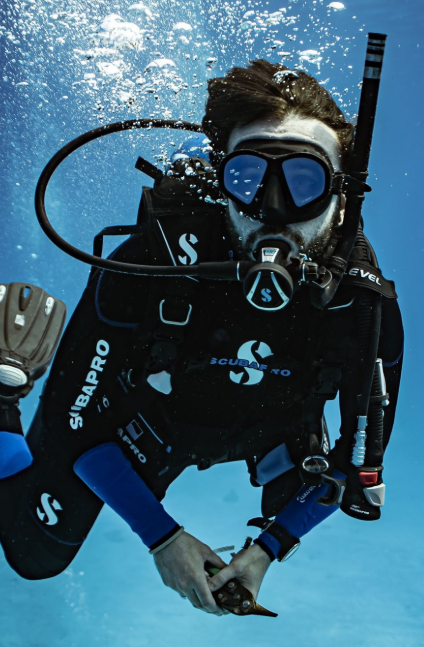Darwin DayMonday, Feb 10, 2025, Wang Center, Lecture Hall 2
|
EarthstockMonday, April 21st, 2025, Javits Center, Room TBA
|
|
Monday, September 15th, 2025 Dr. Rebecca Pearce || Undergraduate Biology, Center for Molecular Medicine/Biology Learning Labs
Title: Clever But Curious, Smart But Scared: Why Might American Crows Not Always Seem As Intelligent As They Are? Abstract: In this talk, she will explore why highly intelligent animals like American crows may not always appear as clever as they are, examining how risk perception, age, and exploratory tendencies may shape their ability to solve cognitive tasks. The study highlights the challenges of interpreting animal minds and the subtle factors that can mask true cognitive abilities. Her research focuses on the complexities of animal cognition, particularly how external and internal factors influence behavior. |
Wednesday, October 1st, 2025
|
Monday, November 17th, 2025
|
Monday, December 15th, 2025
|

